We may earn money or products from the companies mentioned in this post. This means if you click on the link and purchase the item, I will receive a small commission at no extra cost to you ... you're just helping re-supply our family's travel fund.
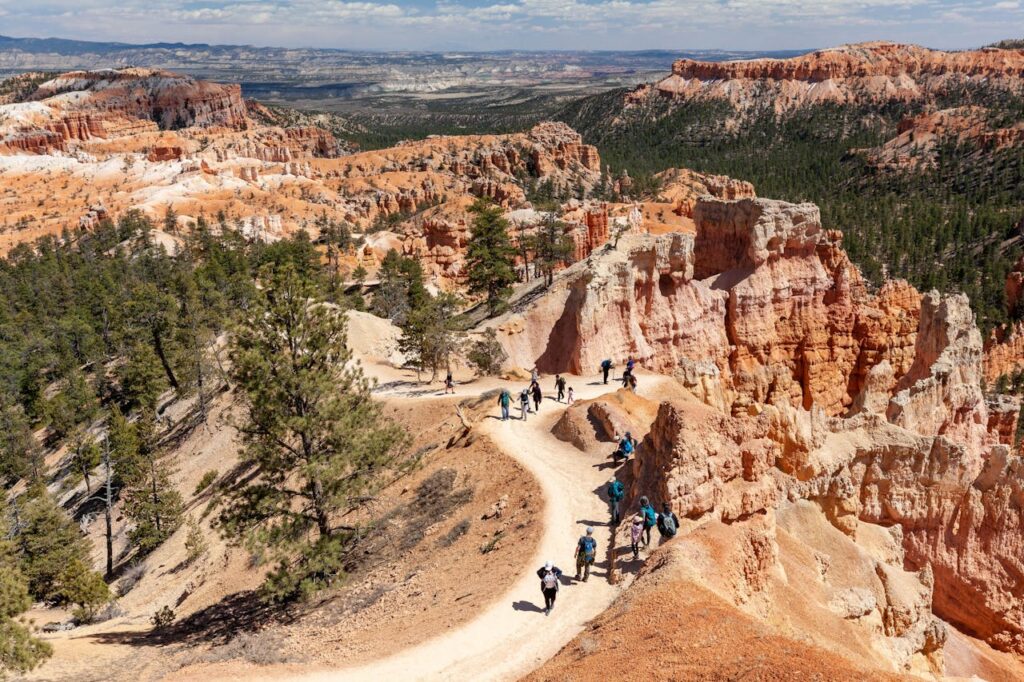
A vacation is a joyful escape, a chance to shed our daily routines and embrace a spirit of adventure. In our excitement, it’s easy to assume that our good intentions will keep us on the right side of the law. But the United States is a vast tapestry of federal, state, and local rules, and an innocent mistake or a moment of poor judgment can lead to serious consequences. Knowing the lines you should never cross isn’t about limiting your fun; it’s about ensuring your travel story is one you’ll be happy to tell for years to come.
1. Getting Too Close to Wildlife in a National Park
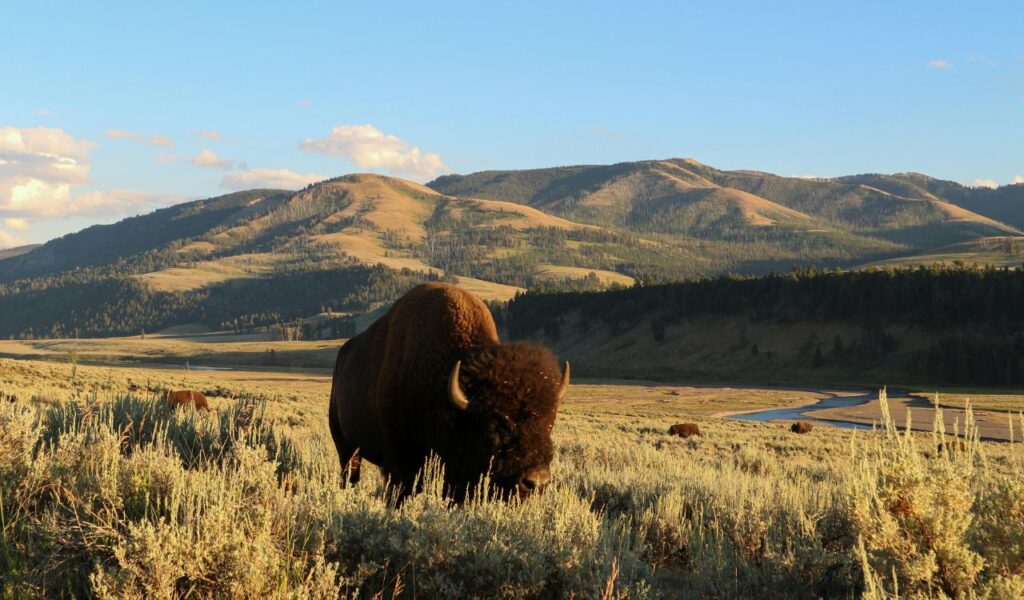
That majestic bison might look like a slow, gentle giant, but it can run 35 miles per hour and is dangerously unpredictable. National parks have strict, non-negotiable rules about maintaining a safe distance from wildlife, typically at least 25 yards from most animals and 100 yards from predators like bears. Ignoring these rules is not just foolish; it is a federal offense. If your actions cause an animal to charge or alter its behavior, you can be charged with harassing wildlife.
2. Taking Photos or Videos in a Federal Courthouse
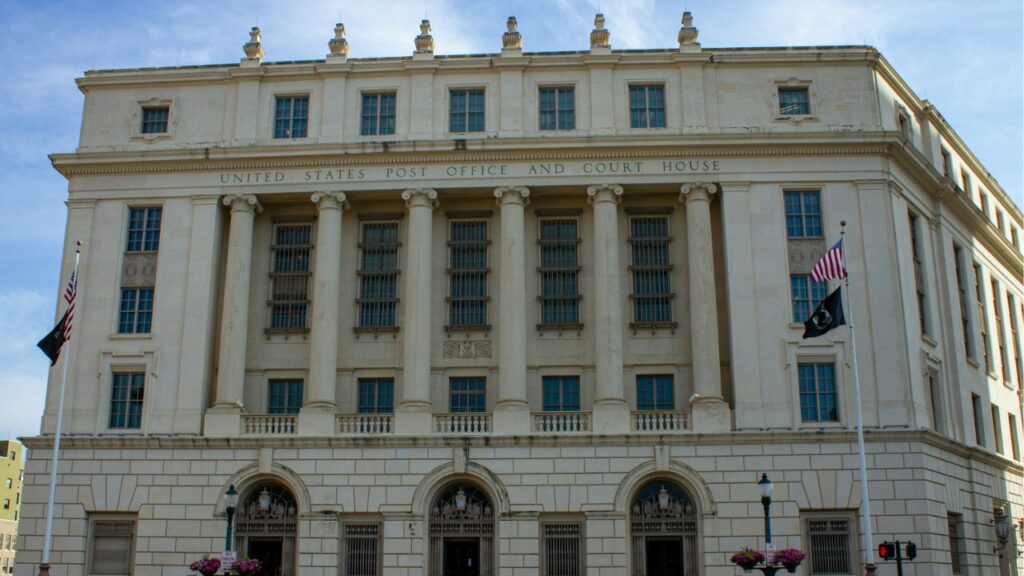
Inspired by a legal drama, you might be tempted to snap a photo of the grand architecture inside a federal courthouse. This is a serious mistake that could land you in real trouble. Federal law strictly prohibits photography and broadcasting inside these buildings to protect the integrity of the judicial process, the privacy of jurors, and the safety of court personnel. Violating this rule can result in the immediate confiscation of your device and even an arrest for contempt of court.
3. Flying a Drone in a Restricted Area
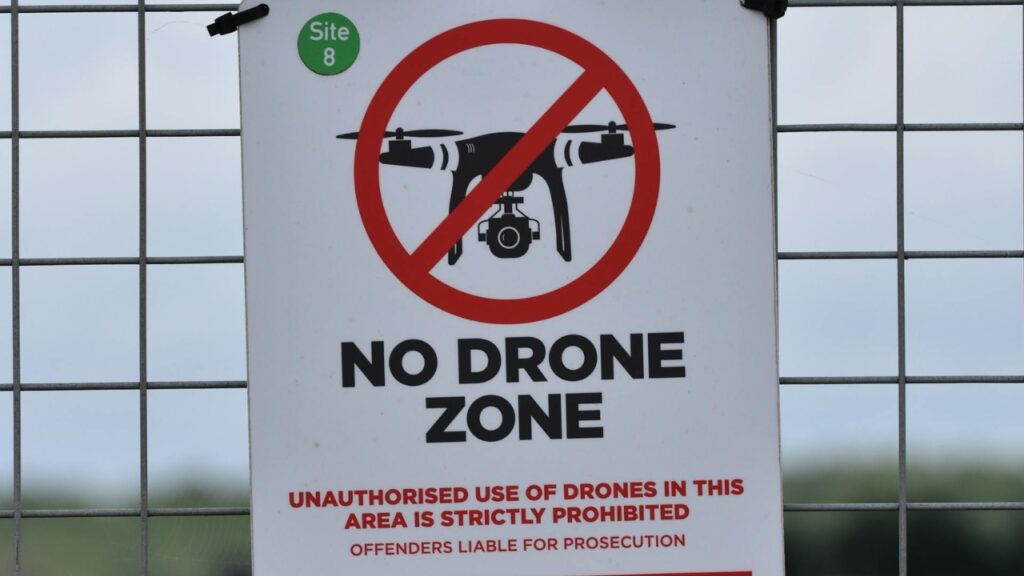
Drones offer incredible perspectives, but their use is heavily regulated, especially in areas of natural beauty and national importance. Flying a drone is illegal in all national parks, over most national monuments, and near airports without specific authorization. They are also banned over many sensitive locations like military bases. Getting caught can lead to hefty fines and the seizure of your drone. In some cases, it can even be considered a federal crime.
4. Pocketing an Artifact from a Historic Site
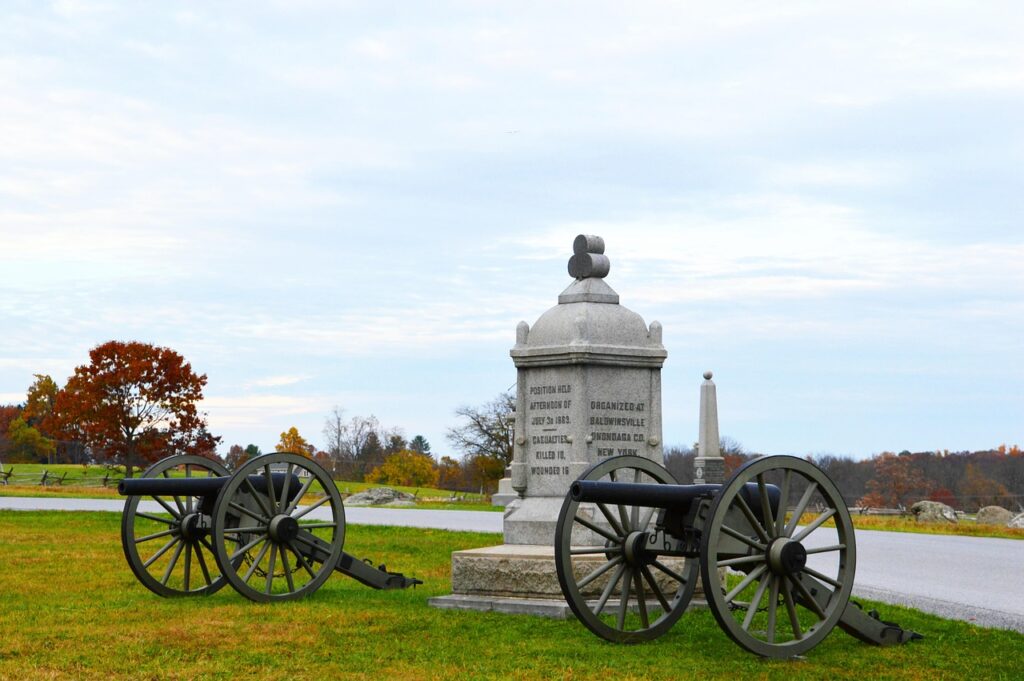
It might seem harmless to pick up an old nail, a pottery shard, or a musket ball from a battlefield like Gettysburg or a Native American ruin. But these are protected historical artifacts, not souvenirs. The Archaeological Resources Protection Act, a federal law, makes it a felony to remove any man-made artifact over 100 years old from public lands. What you see as a free memento, the law sees as the theft of our shared national heritage, and it carries severe penalties.
5. Messing With Mailboxes

That quirky, decorative mailbox you see on a rural road might seem like a fun photo prop, but be very careful. Under federal law, mailboxes are considered protected federal property. It is a crime to damage them or to open, tamper with, or remove mail that is not addressed to you. While a simple photo from a distance is fine, any act of vandalism or theft, even if intended as a harmless prank, is taken very seriously by U.S. Postal Inspectors and can lead to felony charges.
6. Jumping a Turnstile in a Major City’s Subway

In cities like New York, Boston, or San Francisco, skipping the fare by jumping a subway turnstile might seem like a minor offense, a way to save a few dollars. But transit authorities have cracked down heavily on fare evasion. It is a criminal offense, not a simple infraction, and police officers regularly patrol major stations to issue summonses. Getting caught will not only get you a hefty fine but can also lead to an arrest and a court date, a terrible way to spend a vacation day.
7. Having an Open Container of Alcohol in Public

Unlike in many European cities, carrying an open container of alcohol in public is illegal in the vast majority of places in the United States. With very few exceptions, such as New Orleans’ French Quarter or the Las Vegas Strip, you cannot walk down the street with a beer or a cocktail. This law applies to parks, beaches, and city sidewalks. Violating open container laws is one of the most common ways for an unsuspecting tourist to have an unpleasant interaction with local police.
8. Taking Sand or Rocks from a National Park
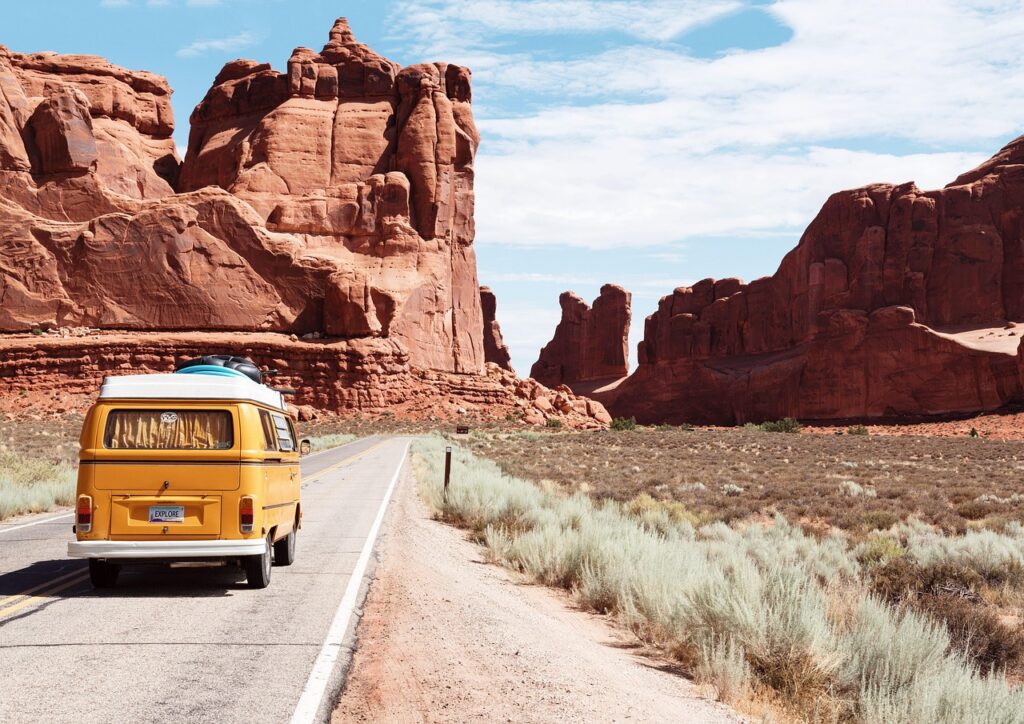
The “leave no trace” principle is not just a polite suggestion in our national parks; it is the law. It is illegal to remove any natural feature, including rocks, sand, plants, or wood. At unique sites like Hawaii’s Papakōlea green sand beach or Petrified Forest National Park, removing these protected resources is a citable offense. Rangers take this very seriously, as the cumulative effect of millions of visitors taking just one “small” souvenir would destroy the park.
9. Trespassing on Railroad Tracks for a Photo

Railroad tracks cutting through a scenic landscape can seem like the perfect rustic backdrop for an Instagram photo. But those tracks are private property, and walking on them is trespassing. More importantly, it is incredibly dangerous. Modern trains are much quieter and faster than you expect, and they are wider than the tracks. Every year, hundreds of people are killed while trespassing on train tracks. Police actively enforce these laws to prevent these tragedies.
10. Foraging for Wild Mushrooms on Public Lands

Foraging for wild foods has become a popular activity, but doing so in a national or state park is almost always illegal without a specific, and often difficult to obtain, permit. These rules are in place to protect the park’s delicate ecosystem from being stripped bare and to prevent inexperienced foragers from accidentally consuming poisonous plants. In places like the Pacific Northwest, “mushroom poaching” is a real issue, and park rangers are on the lookout for illegal harvesting.
11. Ignoring a Total Fire Ban During a Drought
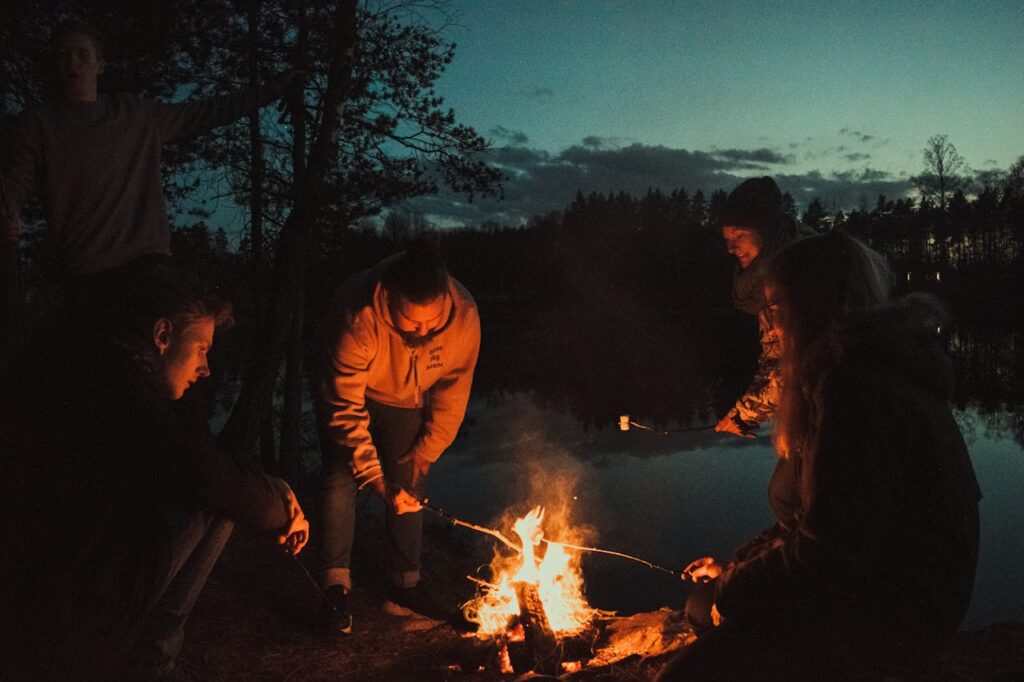
When you are camping in a beautiful forest, a campfire can feel like an essential part of the experience. But during dry conditions, parks and public lands will often issue a total fire ban. This means no campfires, no charcoal grills, and sometimes not even a propane camp stove. Violating a fire ban is one of the most serious offenses a visitor can commit. If your illegal fire were to cause a wildfire, you would face massive fines and potential prison time.
12. Defacing Natural Features with Graffiti or Carvings
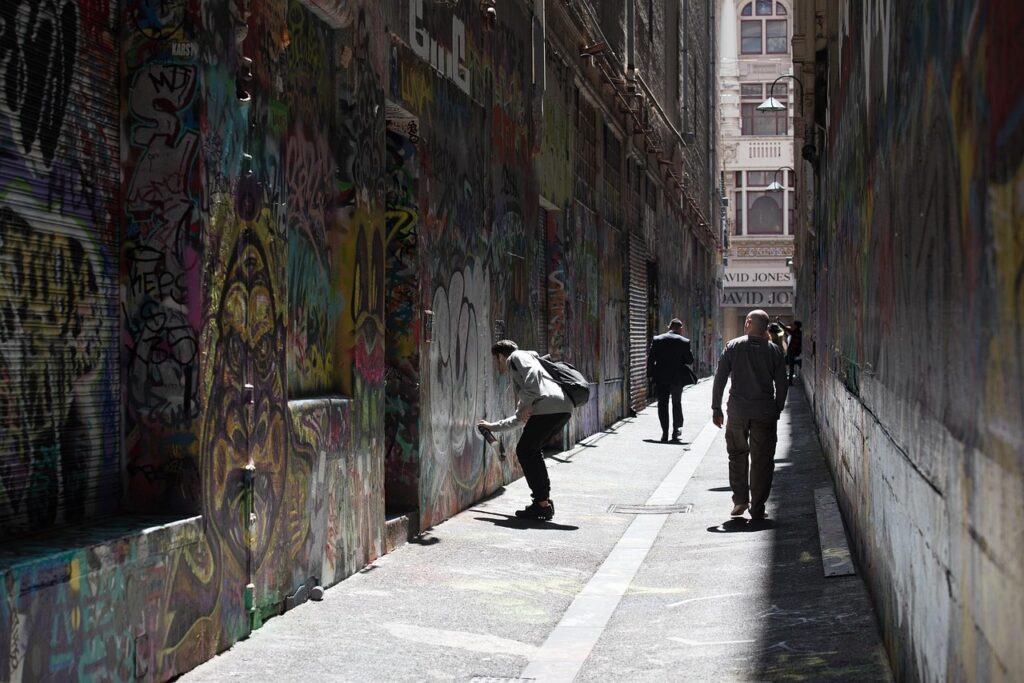
Whether it’s spray-painting a rock in a national park or carving your initials into a historic tree, defacing public property is a serious act of vandalism. At sacred natural sites like the national parks of Utah or Arizona, this is taken especially seriously and can be prosecuted as a felony. Modern technology and social media posts often make it easy for authorities to track down offenders. The “art” you leave behind can result in community service and hefty fines.
13. Climbing on National Monuments or Memorials
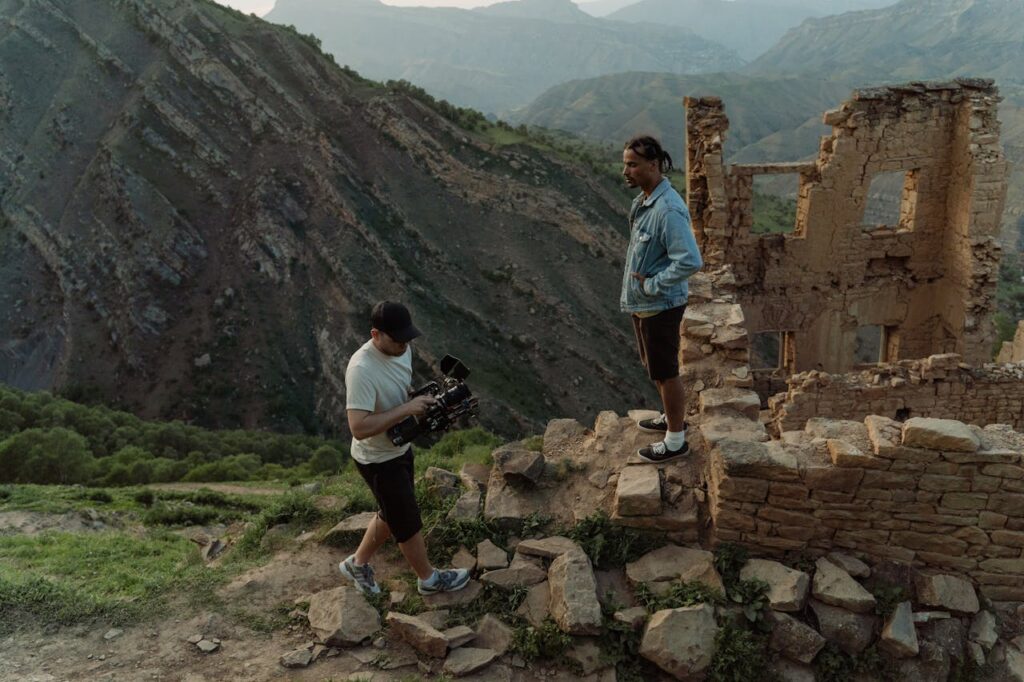
The Lincoln Memorial in Washington, D.C., or the presidential figures at Mount Rushmore are sacred spaces dedicated to American history. Climbing on them for a photo is not only deeply disrespectful but also illegal. These sites are protected by federal law, and the U.S. Park Police, who have jurisdiction over them, will not hesitate to arrest and charge individuals who treat these hallowed memorials like a jungle gym. Appreciate their grandeur from a respectful distance.
14. Lying to a Border Patrol Agent

This is a critical one for all international visitors. When you are speaking to a Customs and Border Protection (CBP) agent at any U.S. port of entry, you must be completely truthful. Lying about the purpose of your visit, what you are bringing into the country, or your travel plans is a federal offense. Even a small “white lie” can be grounds for denying you entry, revoking your visa, and barring you from re-entering the U.S. for years. Honesty is always the only policy.